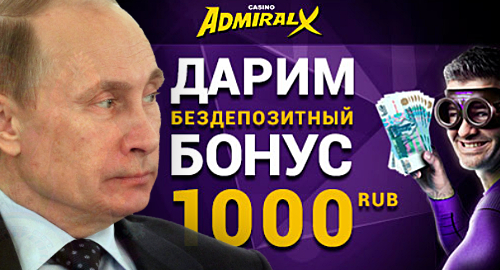 Russia’s anti-monopoly watchdog is investigating online video hosting portal YouTube for its hosting of Russian-language videos promoting unauthorized online casino sites.
Russia’s anti-monopoly watchdog is investigating online video hosting portal YouTube for its hosting of Russian-language videos promoting unauthorized online casino sites.
On Tuesday, Russian media outlet RBC reported that the Federal Antimonopoly Service (FAS) had accepted a complaint filed by Russia’s Internet Video Association (IVA), which represents intellectual property rights holders, accusing YouTube of “gross and repeated” violations of Russia’s advertising rules.
In March, the IVA made a fuss about a Russian-language video promoting Curacao-licensed online casino Azino777 that ranked in the top-20 of Russia’s most-viewed online video advertising sources in January. The video, starring rapper AK-47, featured prominently on websites hosting pirated digital content, much of it belonging to IVA members.
The IVA’s current missive claims the Google-owned YouTube hosts “a lot of videos” featuring Azino777 and other forbidden online casinos, including Curacao-licensed Russian-language site AdmiralX. The IVA wants the FAS to prosecute YouTube/Google for violating Russia’s advertising and gambling laws.
In March, the FAS commenced legal action against Google due to the latter’s apparent unwillingness to filter out contextual advertising for the Vulkan family of online gambling sites in search results displayed to Russia’s netizens. Russian internet watchdog Roskomnadzor has blocked over 5,400 Vulkan-related domains over the years with little effect on the site’s accessbility.
Russia is set to further clamp down on its citizens’ ability to patronize internationally licensed online gambling sites on May 27, when Federal Law 358-FZ will require all financial institutions to block payments to gambling sites not holding a Russian online sports betting license.
The law calls for the introduction of a blacklist for companies and individuals that handle such payments, and financial institutions must monitor the monthly updates to this blacklist to ensure compliance with the new law. Failure to observe the law could result in the financial institution losing its right to operate in Russia.
Companies like The Stars Group (TSG), whose flagship PokerStars brand derives a significant chunk of its revenue from Russia, have been prepping for the changes. In March, TSG CEO Rafi Ashkenazi said the company had developed a “robust mitigation plan” to deal with the new reality, but nonetheless expected its Russian revenue to take a hit.